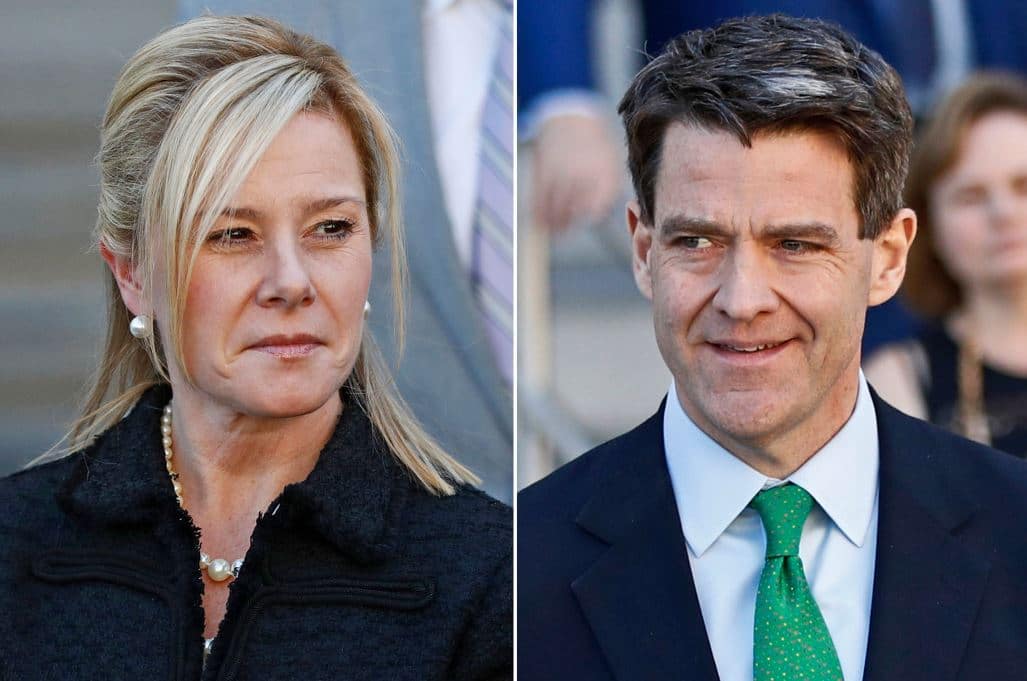Unanimous Supreme Court Tosses Out ‘Bridgegate’ Convictions

WASHINGTON – The Supreme Court tossed out the convictions of two people involved in New Jersey’s “Bridgegate” scandal Thursday, concluding their prosecution was a case of prosecutorial overreach.
“The question presented is whether the defendants committed property fraud,” said Justice Elena Kagan, writing for the unanimous court.
“The evidence the jury heard no doubt shows wrongdoing — deception, corruption, abuse of power. But the federal fraud statutes at issue do not criminalize all such conduct,” Kagan said. “Under settled precedent, the officials could violate those laws only if an object of their dishonesty was to obtain the Port Authority’s money or property.”
Bridget Kelly and Bill Baroni were convicted of fraud and conspiracy stemming from their roles in creating a massive traffic jam in 2013 to punish the mayor of Fort Lee, New Jersey, for refusing to endorse the reelection of then-Republican Gov. Chris Christie.
After Fort Lee Mayor Mark Sokolich, a Democrat, rejected demands for his endorsement, Kelly, then an aide to Christie, sent an email to officials at the Port Authority of New York and New Jersey that said, “Time for some traffic problems in Fort Lee.”
To disguise their efforts at political retribution, Kelly and Baroni and other officials involved in the effort claimed the ensuing lane realignment was being done for a traffic study.
The lane realignment caused four days of gridlock in Fort Lee.
According to the ruling, the community’s streets came to a standstill almost immediately, with traffic rivaling that of Sept. 11, 2001, when the George Washington Bridge was shut down due to the terrorist attacks in New York and Washington, D.C.
“School buses stood in place for hours. An ambulance struggled to reach the victim of a heart attack; police had trouble responding to a report of a missing child,” the ruling said, quoting Fort Lee officials.
Sokolich’s calls to the Port Authority were met by silence from the officials.
“Is it wrong that I am smiling,” Kelly said in a text message at the time.
“As Kelly’s own lawyer acknowledged, this case involves an ‘abuse of power,'” Kagan wrote.
“Baroni and Kelly used deception to reduce Fort Lee’s access lanes to the George Washington Bridge — and thereby jeopardized the safety of the town’s residents,” she said. “But not every corrupt act by state or local officials is a federal crime.”
In this case, she explained, “the realignment of the toll lanes was an exercise of regulatory power — something this Court has already held fails to meet the statutes’ property requirement.”
“Because the scheme here did not aim to obtain money or property, Baroni and Kelly could not have violated the federal-program fraud or wire fraud laws,” Kagan said. “We therefore reverse the judgment of the Court of Appeals and remand the case for further proceedings consistent with this opinion.”






















